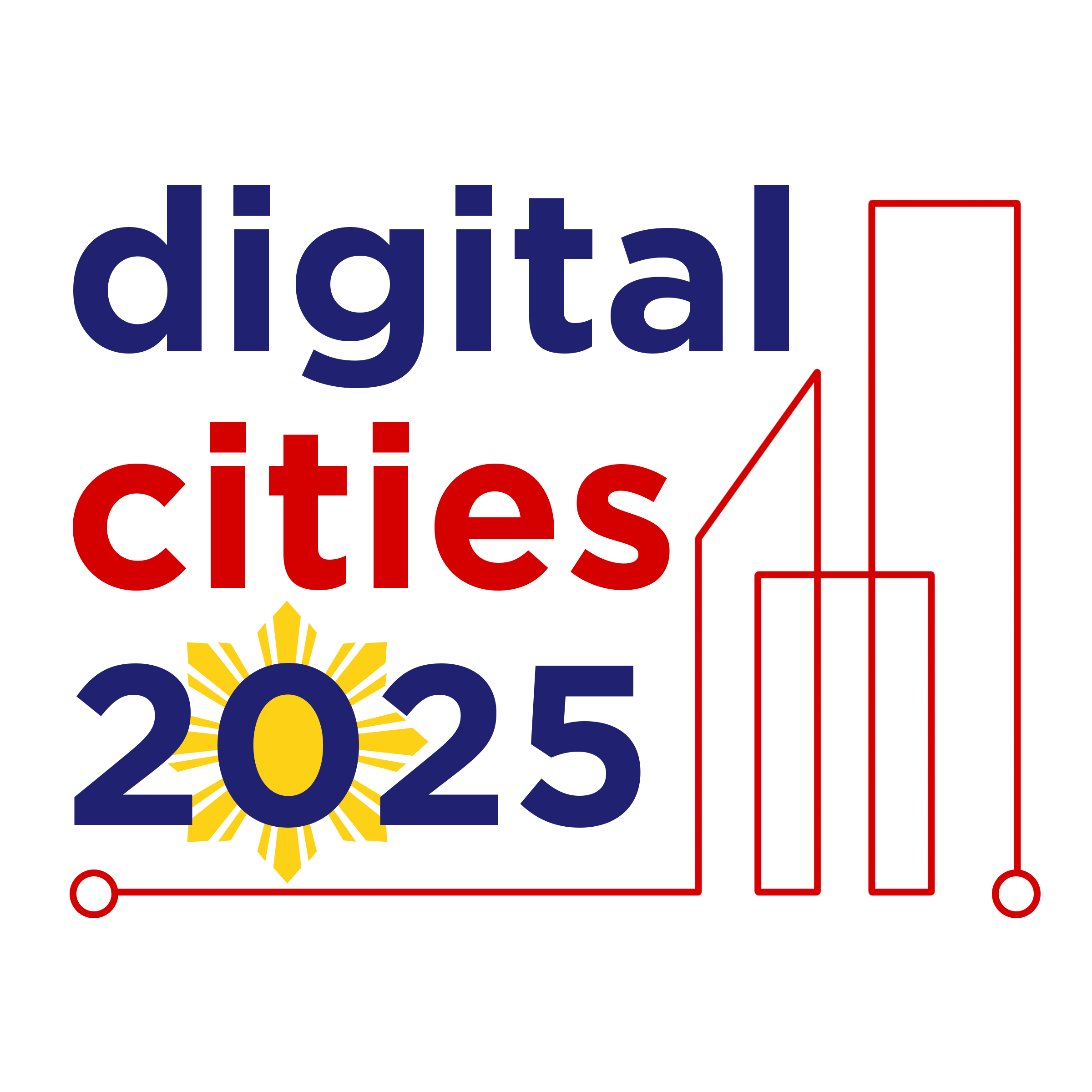Digital Cities 2025: A Brighter Future Awaits in the Countryside
MANILA, Philippines (June 30, 2020) – Early this year, the Department of Information and Communications Technology (DICT) teamed up with the IT and Business Process Association of the Philippines (IBPAP) and Leechiu Property Consultants (LPC) for Digital Cities 2025.

The initiative, which continues the legacy of Next Wave Cities, aims to drive inclusive growth in the countryside by selecting high-potential areas throughout the country and transforming them into bustling IT and Business Process Management (IT-BPM) hubs within five years.
After months of extensive research and critical deliberations, the three organizations officially launched the 25 locations under Digital Cities 2025 in a virtual press conference. During the event, they also revealed the corresponding mid-term development plans that will make each one a top-of-mind destination for global investments.
The 25 cities under the program were chosen using a scorecard developed by DICT and IBPAP as well as insights provided by LPC that were based on a set of parameters reflecting priority areas for investors and locators: Talent Availability, Infrastructure, Cost, and Business Environment.

These hand-picked locations will get the chance to demonstrate their capabilities as viable business centers through Digital Cities 2025. This will hopefully motivate existing players to expand beyond the National Capital Region (NCR), encourage new ones to set up shop in the Philippines, and ultimately, generate more opportunities for Filipinos.
“Digital Cities 2025 aims to build the resiliency of the IT-BPM sector as an engine of growth for the Philippine economy. It also aims to bridge industry progress in the countryside to strengthen local economies. The 25 new locations, alongside the Centers of Excellence and established Next Wave Cities, shall serve as investment destinations for a thriving digital economy,” DICT Secretary Gregorio B. Honasan II said.
“The IT-BPM sector continues to be a priority for DICT and we are ready to support and take the lead in making the necessary interventions to ensure that these digital cities achieve their potential,” shared DICT Assistant Secretary Emmanuel Caintic. “By working together with other executive agencies, local government units, industry leaders, and academic institutions, we will enable each location to grow into Centers of Excellence that spur the development of other business sectors, de-risk Metro Manila concentration, create jobs, and boost the local economy.”
Some points of action that the initiative will be focusing on are Institutional Development, Talent Attraction and Development, Infrastructure Development, and Marketing and Promotion. This will involve the strengthening of ICT councils, sharing of best practices, launching awareness campaigns, and facilitating infrastructure initiatives.
“The launch of Digital Cities 2025 is a testament to the IT-BPM industry’s resilience and enduring role as a major growth driver of the Philippine economy,” said IBPAP President and CEO Rey Untal. “The countryside remains full of untapped potential and harnessing this can lead to countless more opportunities for continued expansion and sustained growth for the sector.”
Although the COVID-19 pandemic and Enhanced Community Quarantine (ECQ) affected business operations across industries, LPC CEO David Leechiu foresees a surge in IT-BPM demand once the country and the rest of the world settles into the new normal.
“Philippine IT-BPM will be instrumental in the country’s recovery from this health crisis so we need to be ready for the demand to start gaining momentum. This will be critical in how the world views us as a long-term investment versus our ASEAN neighbors,” concluded Mr. Leechiu.
Despite the impact of the recent pandemic on the Philippines’ economy and business environment, both the public and private sectors are looking for ways to continue moving forward. Together with the Centers of Excellence and Next Wave Cities, these Digital Cities will bring the country a step closer towards becoming a more digitally-enabled nation, one that continues to be globally competitive and relevant as a prime investment destination.
In addition to the program, the digitalcitiesPH portal will also help translate potential to progress in the countryside by providing investors and locators with essential information on cities and municipalities all over the Philippines. This will help them better assess each location’s potential as a global business center.
###
Related Media:
- DICT Facebook Page - Digital Cities Launch Event, June 30, 2020
- GMA News Online - DICT, IBPAP, Leechiu pick 25 cities as next IT-BPM hubs
- Philippine News Agency - 25 PH cities chosen to be next ‘digital cities’ by 2025
- Business World - New ‘digital cities’ seen to attract P70B in investments
- Business Mirror - 25 cities outside NCR get backing for IT-BPM
- ABS-CBN News Facebook - Ilang BPO, planong magdagdag ng trabaho dahil sa demand mula sa ibang bansa
- Opengovasia.com - Philippines launches Digital Cities 2025 initiative
- Newbytes.ph - New set of ‘Digital Cities’ from PH countryside bared
- The Manila Times - 25 cities eyed as IT-BPM hubs
- Malaya Business Insight - UP TO 240,000 JOBS: BPO hubs to generate P70B investments
- The Financial Today - 25 Cities Seen As Potential IT-BPM Hubs
- Sun Star Pampanga - San Fernando named as one of PH's ‘Digital Cities 2025’
- Philnews.ph - Tagbilaran City Among One Of Nation’s “Digital Cities of 2025”
- The Visayas Journal - Asec. Caintic: 25 PH Cities Chosen To Be Next ‘Digital Cities’ By 2025
- Palawan News Online - Puerto Princesa among 25 to become ‘Digital Cities’ in 2025
- Sunstar Bacolod - Bacolod still 'center of excellence' for IT-BPO
- Pilipino Mirror - SAN FERNANDO INIHANAY SA “DIGITAL CITIES 2025”
- Daily Tribune - Balanga dubbed a digital city

